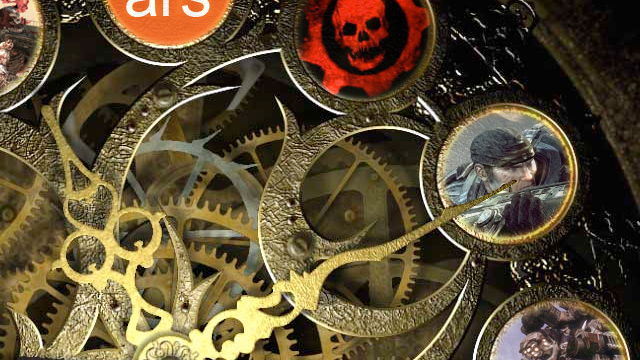Well the bit "That is on request from developers and publishers" - would suggest to me that unlike say games on Impulse/Stardock they dont/can't promise no nasty DRM(talking SecuRom here in the case of Sega's MTW2 expansions/FM09 games).
I mix in AAA publishing circles from time to time(for my sins) and really dont have much faith that they would decide not to keep DRM on the digital download versions, unless the digital download vendor specificaly said they were against it. Publishers are not computer technical people(unlike the devs), they are marketing and sales and management mostly, and really have no clue just how effectivly they are helping to kill PC game sales - they dont mean too of course.
Anyway I would predict that there is about a 20% chance that the games mentioned will be free of the DRM that caused me to stop buying them, at a guess. So lets wait and see(I will email GamersGate sometime to try to find out).
I mix in AAA publishing circles from time to time(for my sins) and really dont have much faith that they would decide not to keep DRM on the digital download versions, unless the digital download vendor specificaly said they were against it. Publishers are not computer technical people(unlike the devs), they are marketing and sales and management mostly, and really have no clue just how effectivly they are helping to kill PC game sales - they dont mean too of course.
Anyway I would predict that there is about a 20% chance that the games mentioned will be free of the DRM that caused me to stop buying them, at a guess. So lets wait and see(I will email GamersGate sometime to try to find out).



 rather embarrasing, but nothing surprises me with AAA PC gaming currently. They really want us to all just buy consoles!(whisper! whisper!).
rather embarrasing, but nothing surprises me with AAA PC gaming currently. They really want us to all just buy consoles!(whisper! whisper!).


Comment